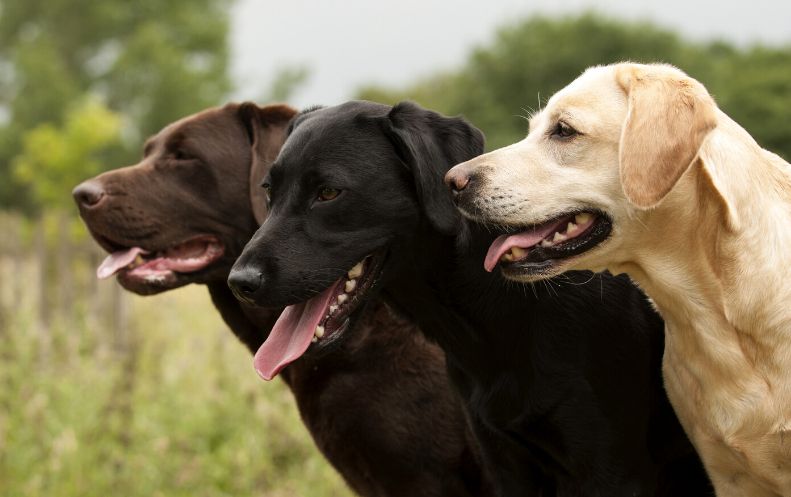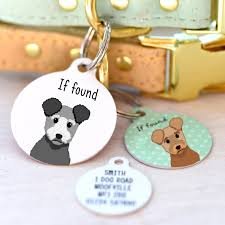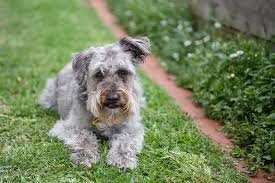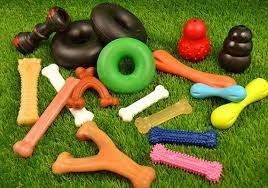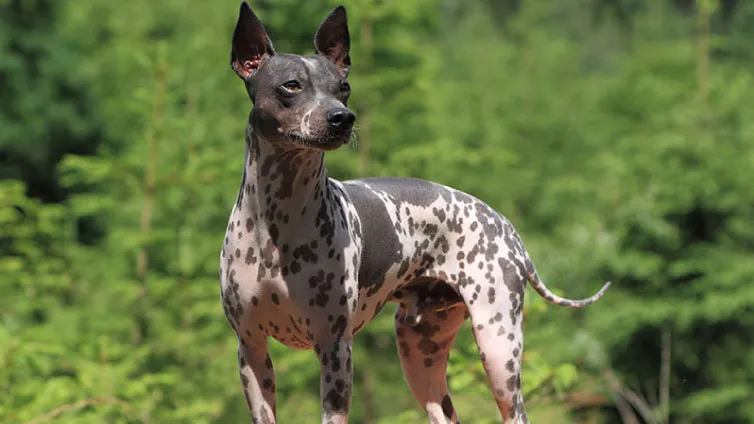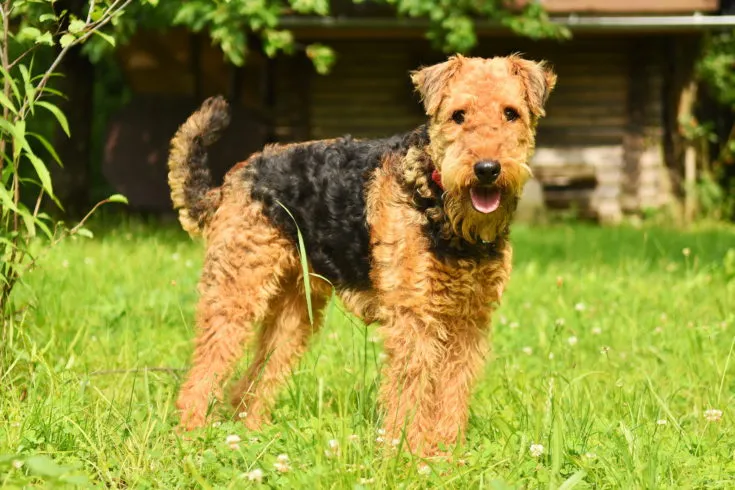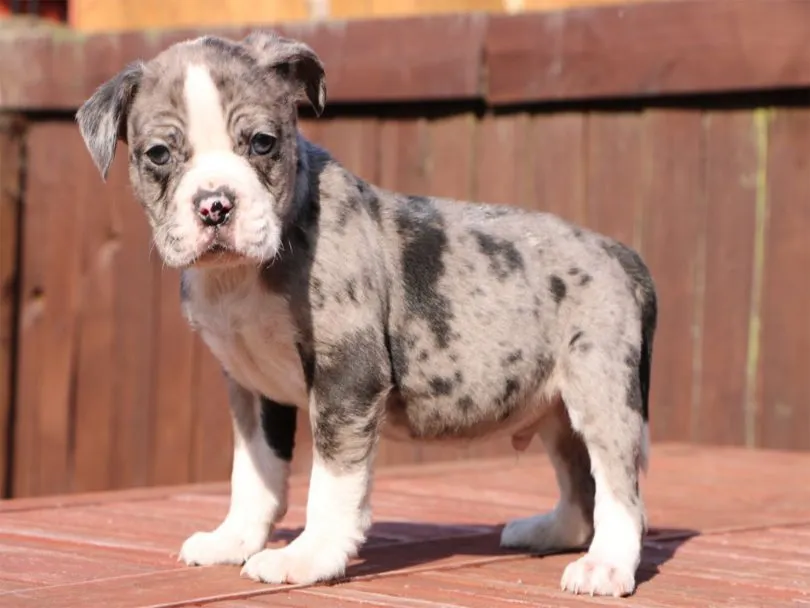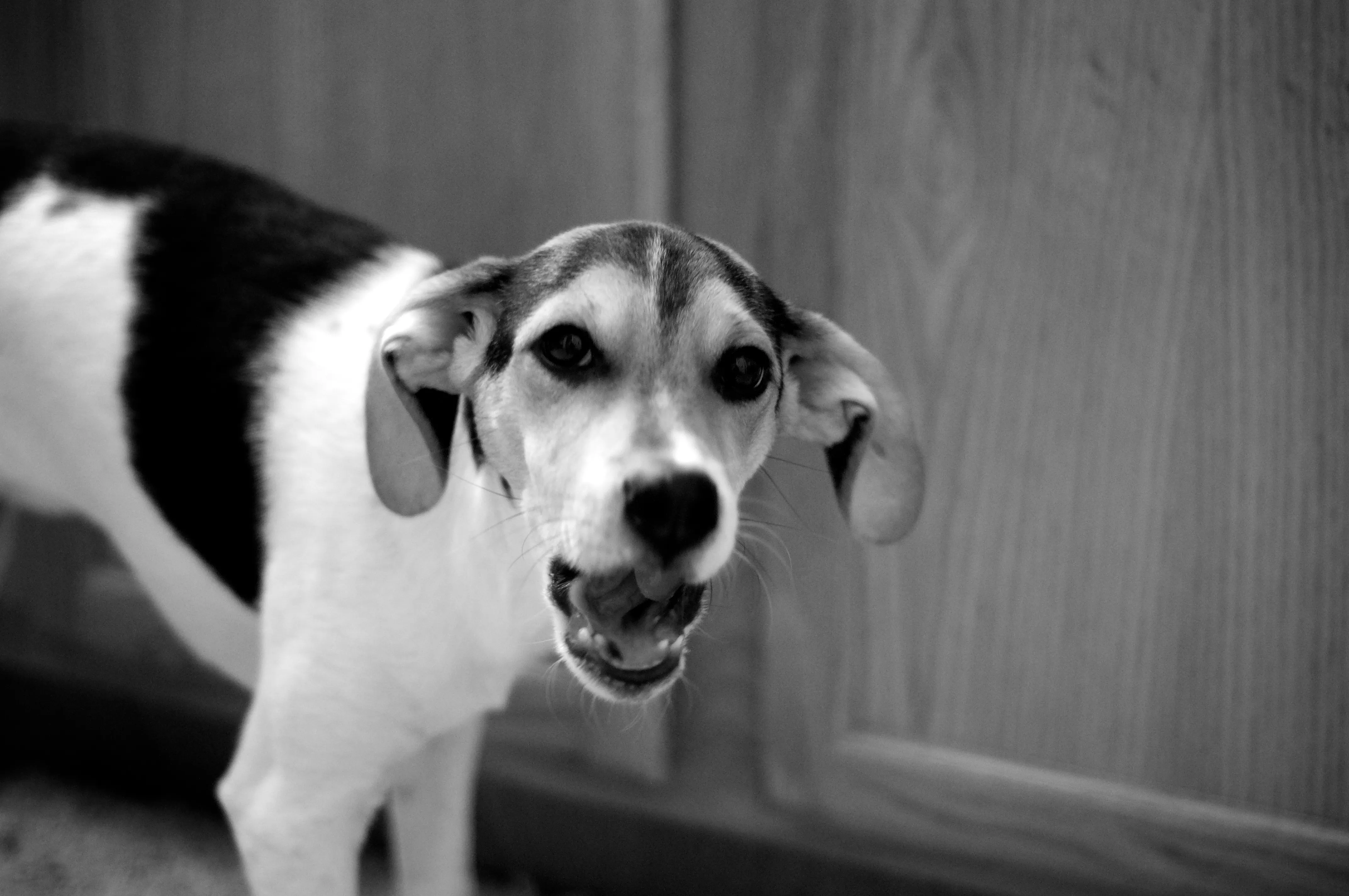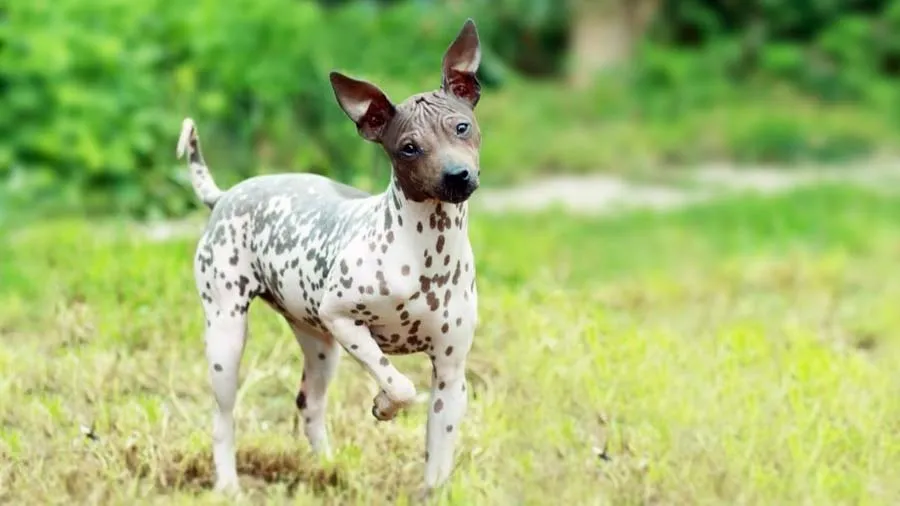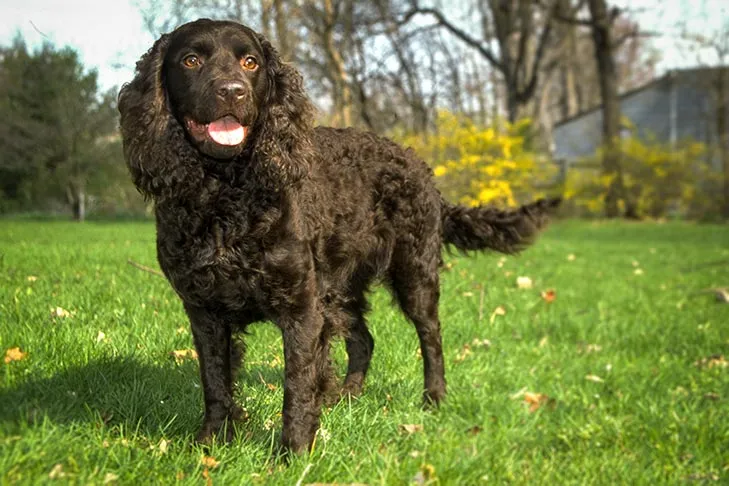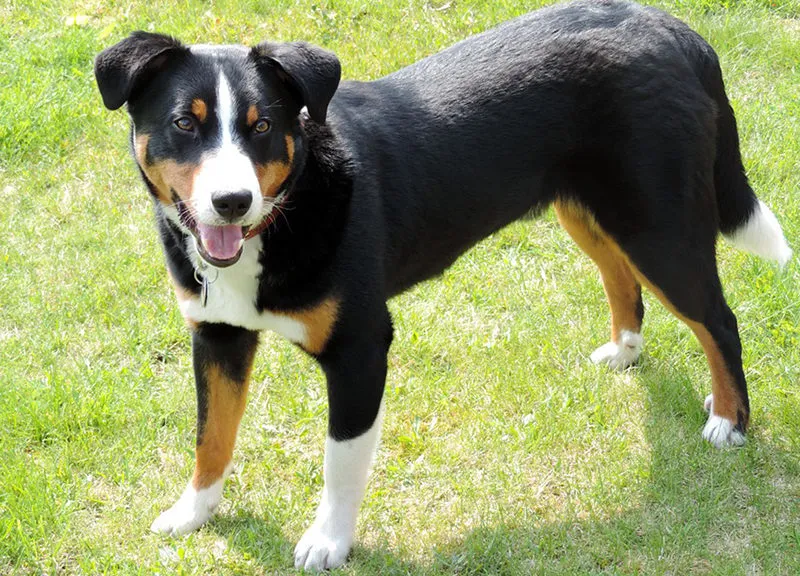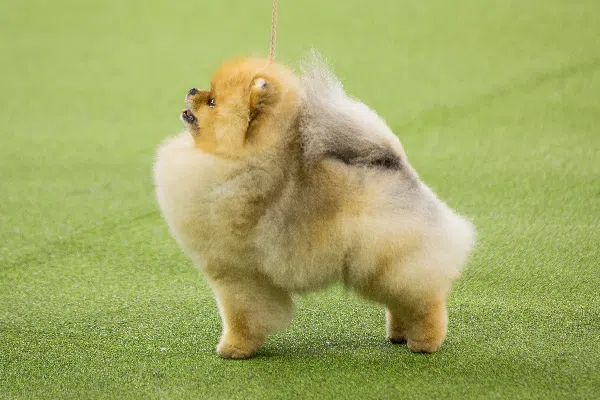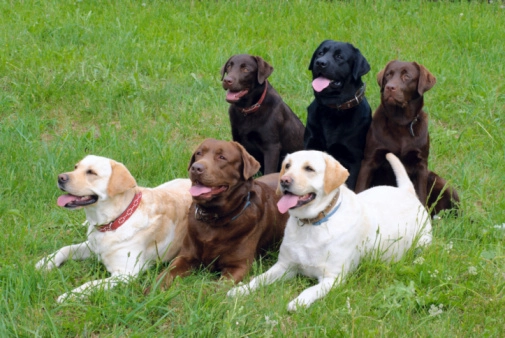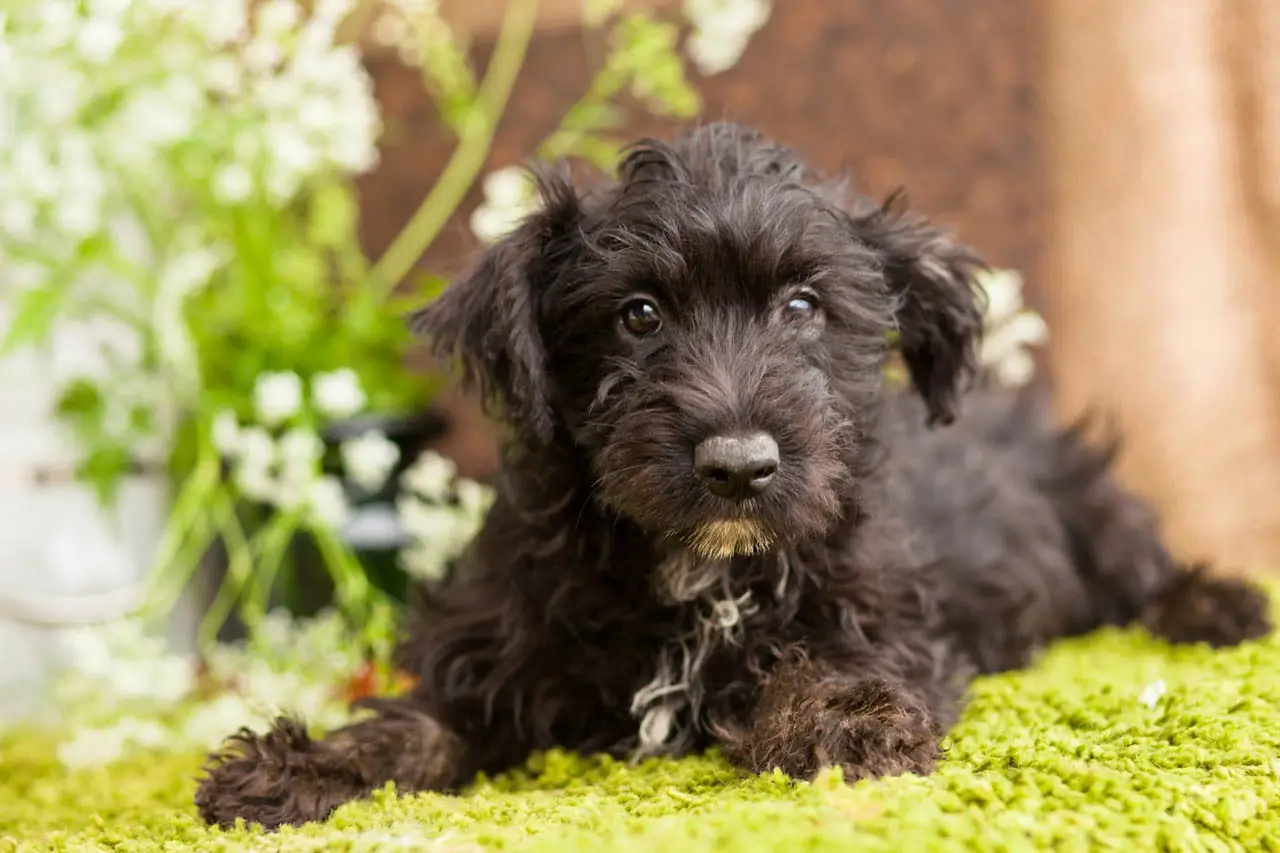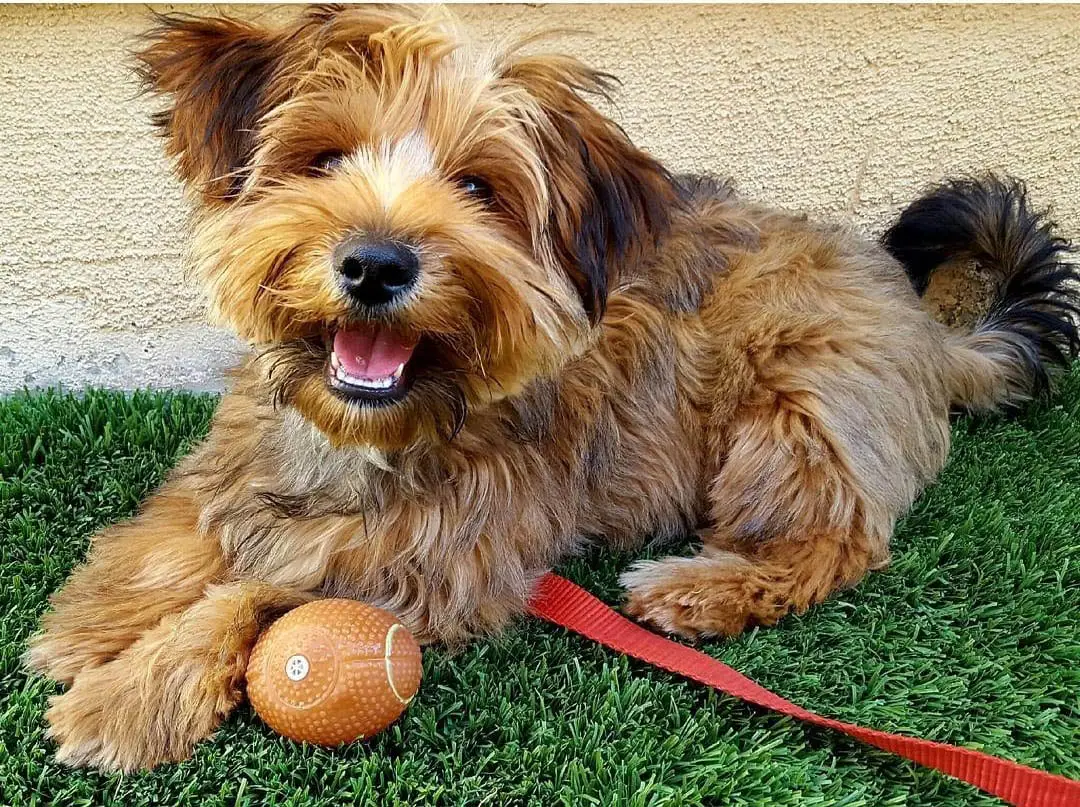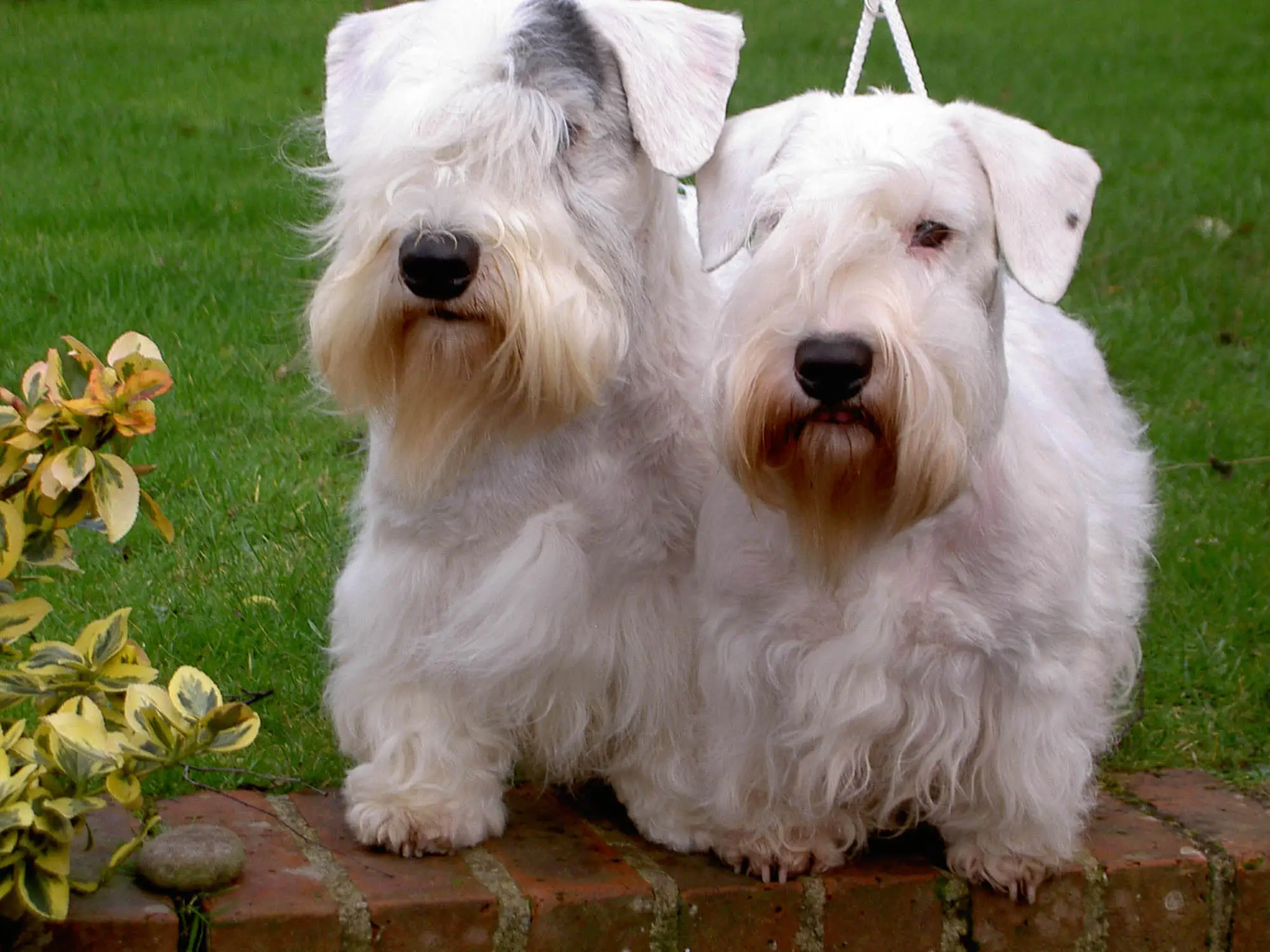History
Borador is a cross between Labrador retriever and Border collie. Always active and agile they are highly affectionate designer breeds. It is a tall dog characterized by a broad forehead, pointed black nose with a tapered muzzle.
Temperament & Personality
Boradors are obedient and intelligent dogs that inherit its disposition from both the parents. It can do anything to please the master. Also, it is an excellent guard dog as it alerts its master as soon as it hears strange noises. It is a delighted dog and the best playmate for children. They also get well with other pets in the house. Boradors are extremely happy dogs and are generally seen moving or dancing around. They can adjust to a condo life if they get proper exercise.
Exercise
With full energy, it requires heavy exercise schedule and is best suited for active owners. Activities like retrieving, walking, jogging, playing with tennis balls or toys, games like hiding and seek, Frisbee, open air sports, etc. makes them happy and fit. Without proper exercise, they might develop some odd behaviors so it's worth taking them to a Dog park at least once a week for playing and also socialization.
Grooming
They have a short coat and require minimum grooming, but during shedding season regular brushing is essential to keep the coat clean and dirt free. De-furminator is an ideal tool to clean their coat during the shedding season. They are not prone to develop doggy aroma, therefore, bathing them regularly is not necessary but important when they are incredibly filthy.
Brushing their teeth twice a week prevents tartar development and hinders oral problems. Also, trim their nails when they overgrow. If they have tear stains, clean it with a damp and wet towel. They can get ear infections due to water and dirt buildup. If not appropriately checked it can cause infections and pain. Clean their ears with Vet prescribed ear solution.
Health Problems
They inherit some health issues from their parents but usually have excellent skin and oral health. Random veterinarian checkups and occasional tests can keep the pet healthy.
Major Problems:
- Progressive Retinal Atrophy
- Lens Luxation
- Cataracts
- Osteochondritis Dissecans
- Hip Dysplasia
Minor Problems:
- Skin problems
- Pannus
- Deafness
Training
Their proneness to chewing can result in munching up eyeglasses, fingers, wrists, etc. They also have an exciting nature which needs a check. To stop chewing owners can train them and provide chewing toys to refrain them from munching. They are intelligent and can catch up tricks very quickly but require a consistent trainer as they can get moody at times. The trainer should always take charge while teaching as they can develop pack leader issues when they grow up.
Feeding
High-qualitydry dog food 1 ½ -2 cups or homemade food rich in protein is ideal to keep up their energy level. Dividing meals into two halves will provide better digestion. Minimize offering treats as they tend to eat more and can suffer from obesity and other associated health issues. They should be kept on a strict diet prescribed by the vet to remain healthy.
.png)










